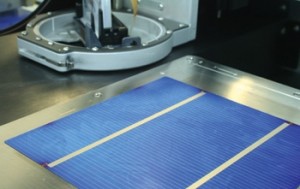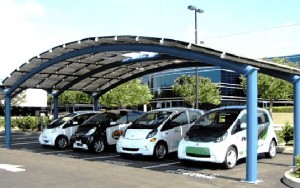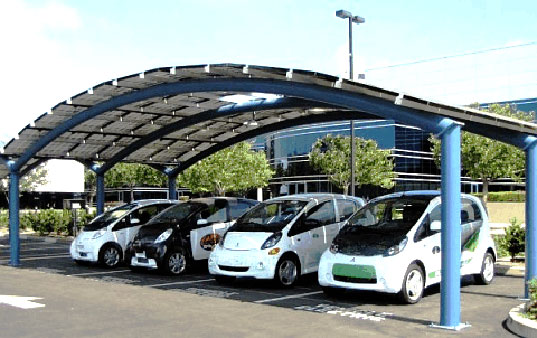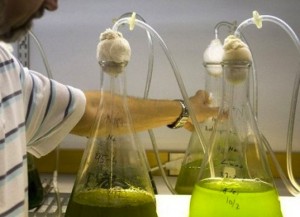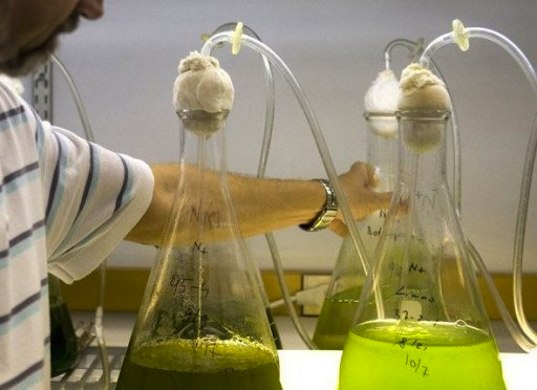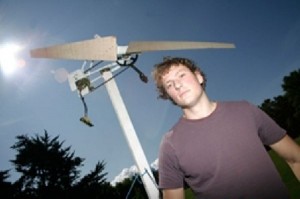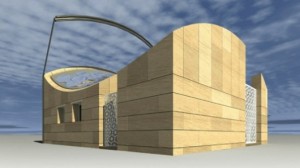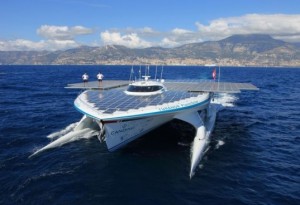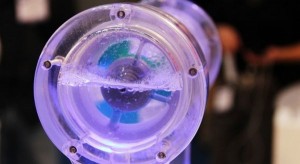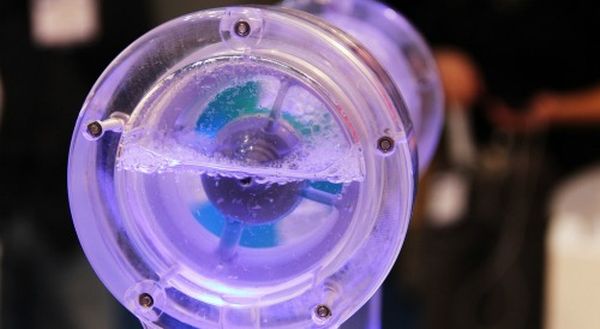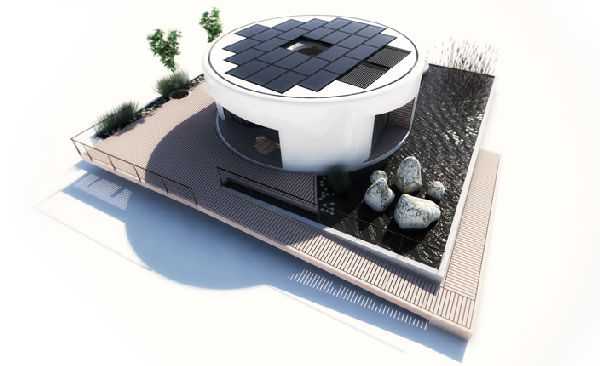
Environmentally friendly homes can reduce inhabitants’ carbon footprints, save resources and lead the way for others to live the same way. Most of us, however, have been living in homes that are pretty standard, in that they don’t help us reduce our carbon footprints. The US Department of Energy has been trying to further green living in terms of homes and has been organizing the Solar Decathlon for a while now. The international competition is a biennial event that challenges 20 college teams to come up with conceptual homes that utilize solar energy. The teams get to work on site, detailing their prefabricated houses for 10 days in a bid to take home the Solar Decathlon title. 2012’s competition is set to begin and we’re eager to see who wins the coveted prize.
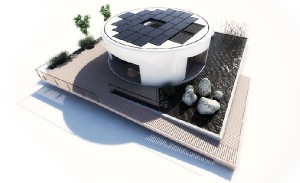
 Follow
Follow